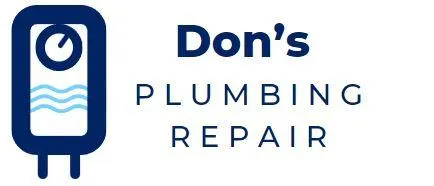Types of Water Heaters: Which is Ideal Option for Your Maricopa Home?
Choosing a water heater can be overwhelming, especially with so many options available based on your hot water needs and energy efficiency criteria. In this guide, we'll help you make an informed decision. We'll go over each type of water heater, highlighting their strengths and weaknesses to help you make the best choice for your family. Keep reading to get ready to make a wise decision.

Storage Tank Water Heaters
The most prevalent type of water heaters are the tank-style units, which heat water by using gas, electric, or oil as the energy source. Water is stored in an insulated tank, and when needed, it flows seamlessly out of the tap.
Pros:
Storage tank water heaters have a lower cost.
They generally come with longer warranties than other types.
They are straightforward to maintain.
Cons:
Higher operating costs result from low energy efficiency.
There's limited hot water availability per use due to the limited capacity.
The tank leaking or failing can pose a risk of water damage.

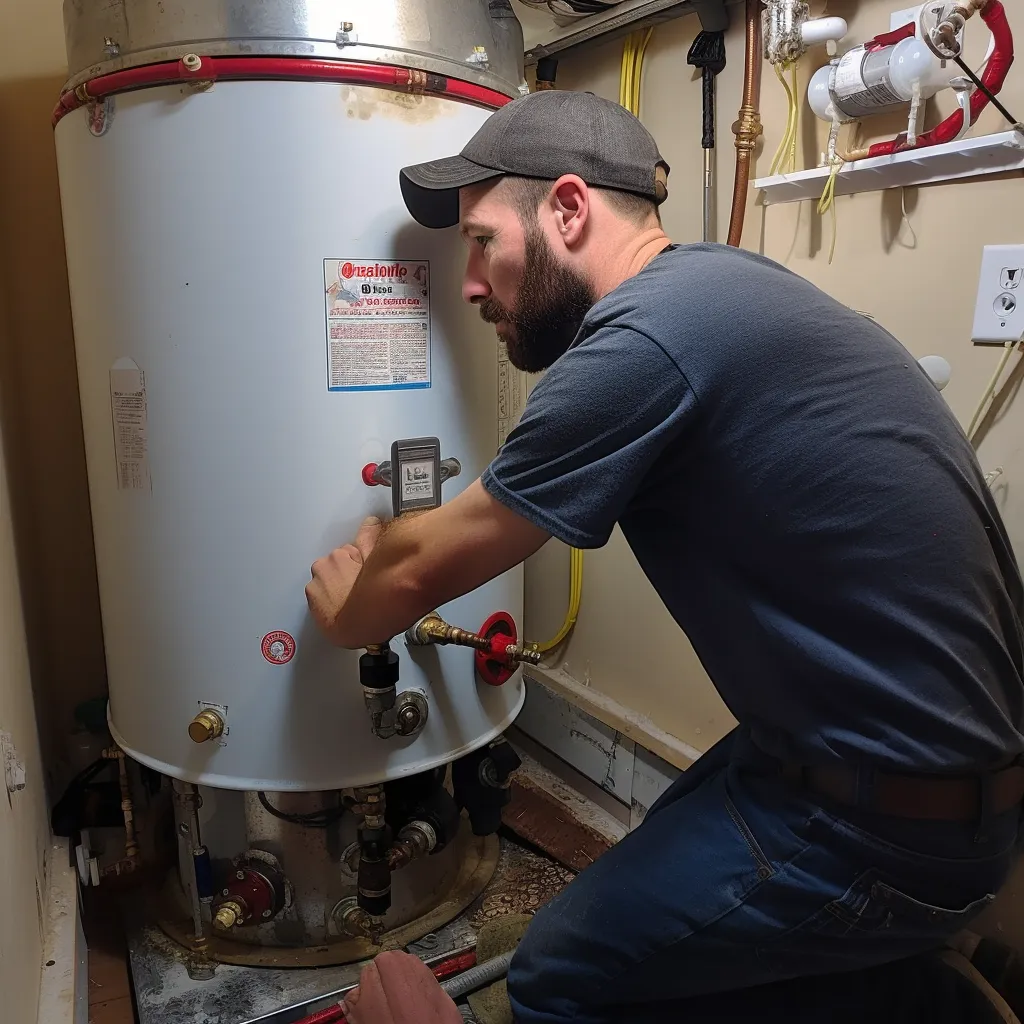
Tankless Water Heaters
A tankless water heater is an energy-efficient way to get hot water on demand. Unlike traditional water heaters storing hot water in a tank, it heats water only when you need it. They are compact and convenient, and although they incur a higher initial cost, they significantly lower your energy consumption over time, reflecting on your bills.
Pros:
Tankless water heaters have a compact design that allows for easy installation in any home.
They consume less energy, which translates to lower monthly utility bills.
Unlike traditional heaters, tankless water heaters are capable of providing endless hot water as long as hot water is needed.
Their life expectancy is longer, making them a durable and efficient option for any home.
Cons:
Tankless water heaters have a higher initial cost compared to traditional storage tank water heaters.
For small spaces, potential venting complications may arise due to the need for extra piping or ductwork.
Tankless water heaters cannot meet high demand applications.
Rhe limited capacity of tankless models also implies limited hot water availability per use.
Heat Pump Water Heaters
Heat pump water heaters are highly efficient and economical to operate. They function by utilizing a compact compressor to extract heat from the air. This also makes them an excellent option for power outages since they do not require electricity to provide hot water.
Pros:
Your monthly utility bills can be reduced by achieving high levels of energy efficiency.
Heat pump water heaters use renewable energy from the ambient air.
They can provide hot water during power outages.
Cons:
Tankless water heaters carry a higher upfront cost than traditional ones.
Additional space and ventilation requirements may lead to installation difficulties.
The limited capacity means less hot water availability per use.
.
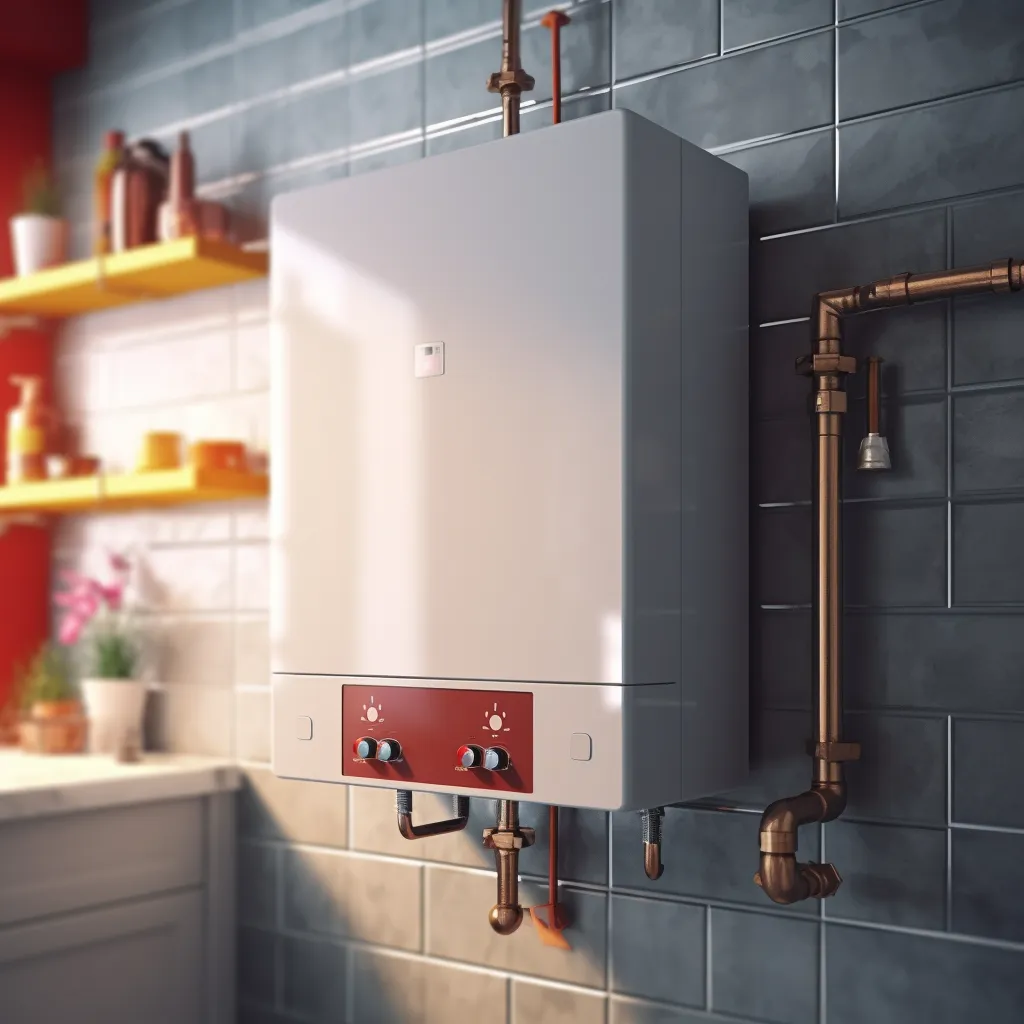
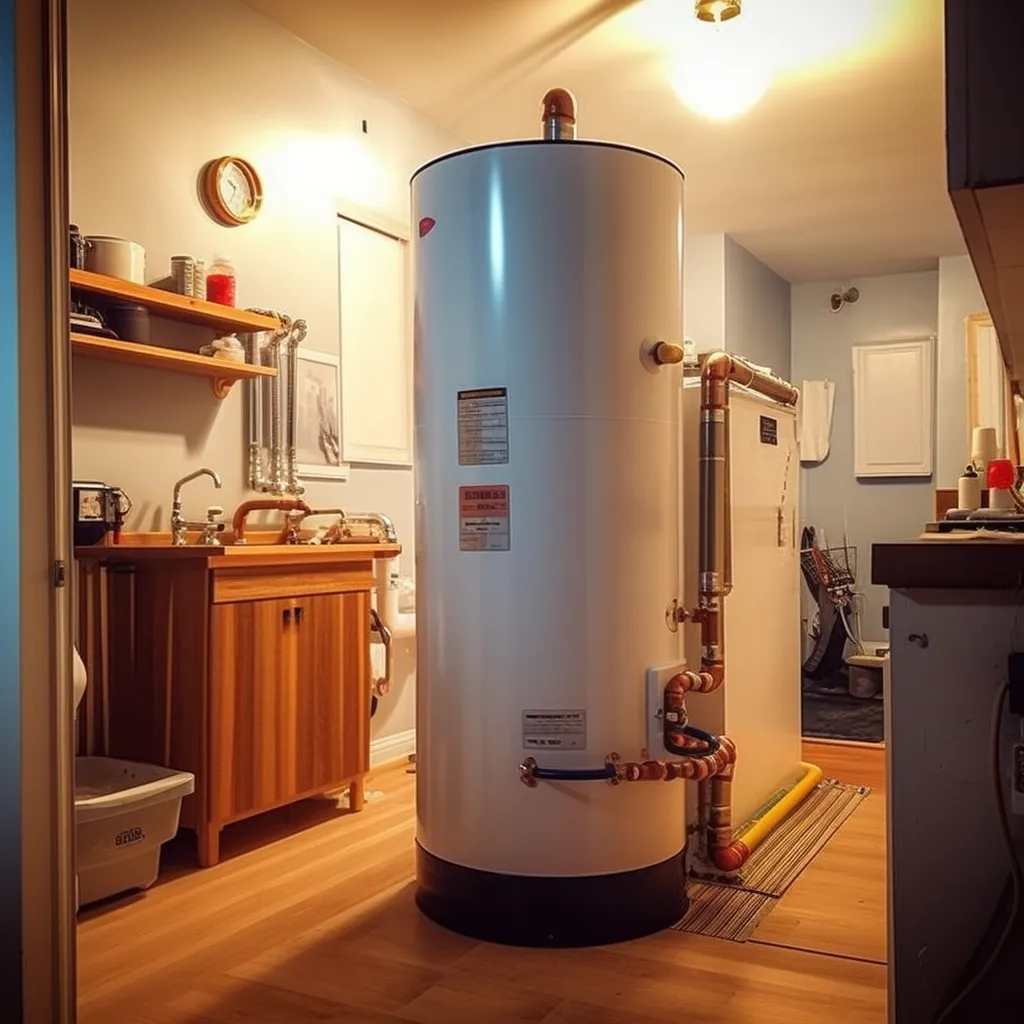
Heat Pump Hybrid Water Heaters
Heat pump hybrid water heaters are like a mash-up of traditional storage tanks and heat pumps, giving you all the efficiency and lower operating costs you could ask for. They're way better than old-school electric water heaters, though they can be pricier to start with.
Pros:
Helps lower monthly bills for utilities due to high energy efficiency.
Efficiently uses renewable energy from the surrounding air.
If there is a power outage, these units can provide hot water.
Longer life expectancy than traditional storage tank heaters.
Cons:
Compared to traditional storage water heaters, these units have a higher upfront cost.
The need for additional ventilation and space creates potential installation complications.
Limited capacity means limited hot water availability per use.
If the tank fails or leaks, you are faced with potential water damage.
Operation of the heat pump component creates higher noise levels.
In warmer climates, there are potential heating and cooling issues.
Certain utility rebates or incentives may not be available.
Solar Powered Water Heaters
Want to save more money? Use solar-powered water heaters to heat your stored water, reducing your monthly utility bills while enjoying the benefits of renewable energy. There are two main types of systems to choose from, active and passive.
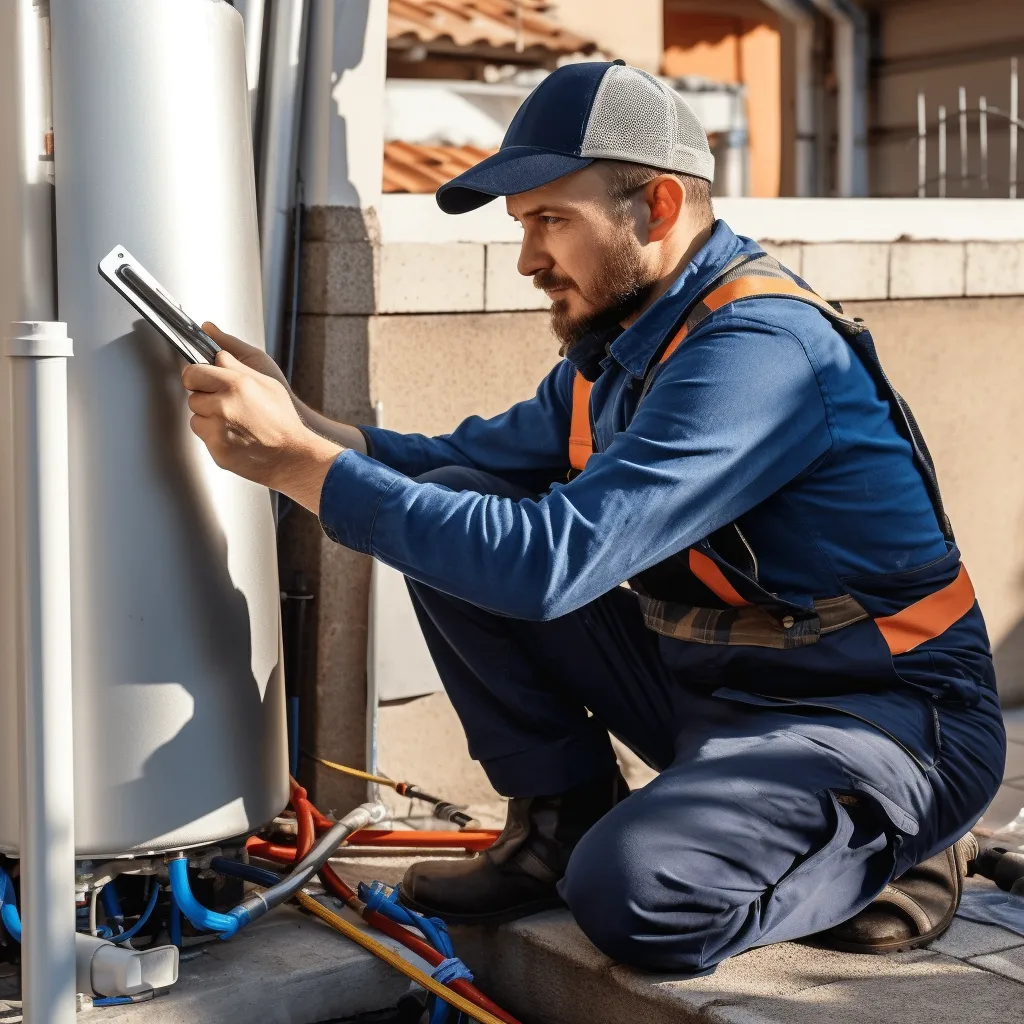
Active Systems:
Active solar-powered water heaters work by using pumps to transfer heated fluid from collectors to a storage tank for future usage, making them more efficient than passive systems and generating greater amounts of hot water.
Passive Systems:
Passive solar water heaters that are powered by the sun use natural convection to transport heated fluid from the collectors to a storage tank. These systems generally entail low maintenance and installation costs, but as compared to active systems, they offer less amount of hot water.
Pros:
The high efficiency of these units can greatly lower monthly energy costs.
Because these units use renewable energy from the sun, they are environmentally friendly.
Longer life expectancy than traditional water heaters.
Cons:
Compared to traditional storage tank water heaters, these models have a higher upfront cost.
The need for additional space and equipment means there could be potential installation complications.
If the solar panels are faulty or damaged, there could be potential water damage.
Limited capacity in some models means limited hot water availability per use.
Solar-powered water heaters may not qualify for some utility rebates or incentives.
In areas with limited sun exposure, these units may not be effective.
There could be potential heating and cooling issues in warmer climates.
May not be viable for colder climates because of a risk of freezing.
These units Require regular maintenance for the best performance.
There the unit is damaged, it costs more to repair or replace.

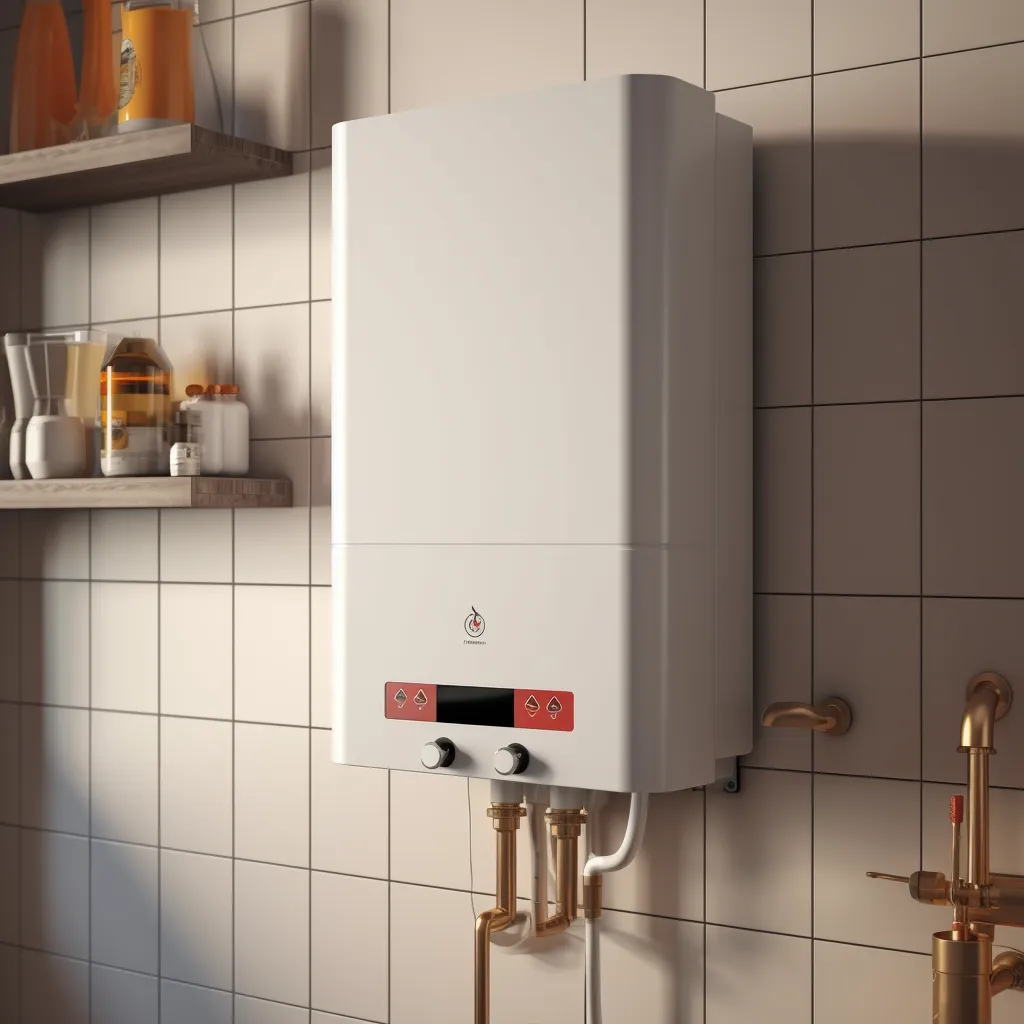
Point-of-Use Water Heaters
Point-of-use water heaters are small and compact units that give hot water exactly when you need it. They're perfect for areas with limited space, or where installing a traditional storage tank would be pricey or inefficient. Plus, they use less energy than old-school water heaters, so your monthly bills shrink.
Pros:
High energy efficiency of these units help lower monthly utility bills.
They are easy to install and maintain in tight spaces because of their compact size.
Longer life expectancy than storage tank heaters.
Cons:
Compared to traditional storage water heaters, higher upfront cost.
The need for additional ventilation and space means potential installation complications.
Limited capacity means limited hot water availability per use.
Potential water damage can result if the tank fails or leaks.
Operation of the heater component means higher noise levels.
May not qualify for some utility rebates or incentives.
May not right for areas with high demand for hot water.
Potential heating and cooling issues in warmer climates.
Water Heaters With Hydronic Boilers
Hydronic boilers are a real game-changer; they use water instead of air to move heat around your place, providing excellent efficiency. They can handle hot water for domestic use and space heating in chillier areas. In fact, they can pair with tank water heaters to meet your hot water needs more affordably.
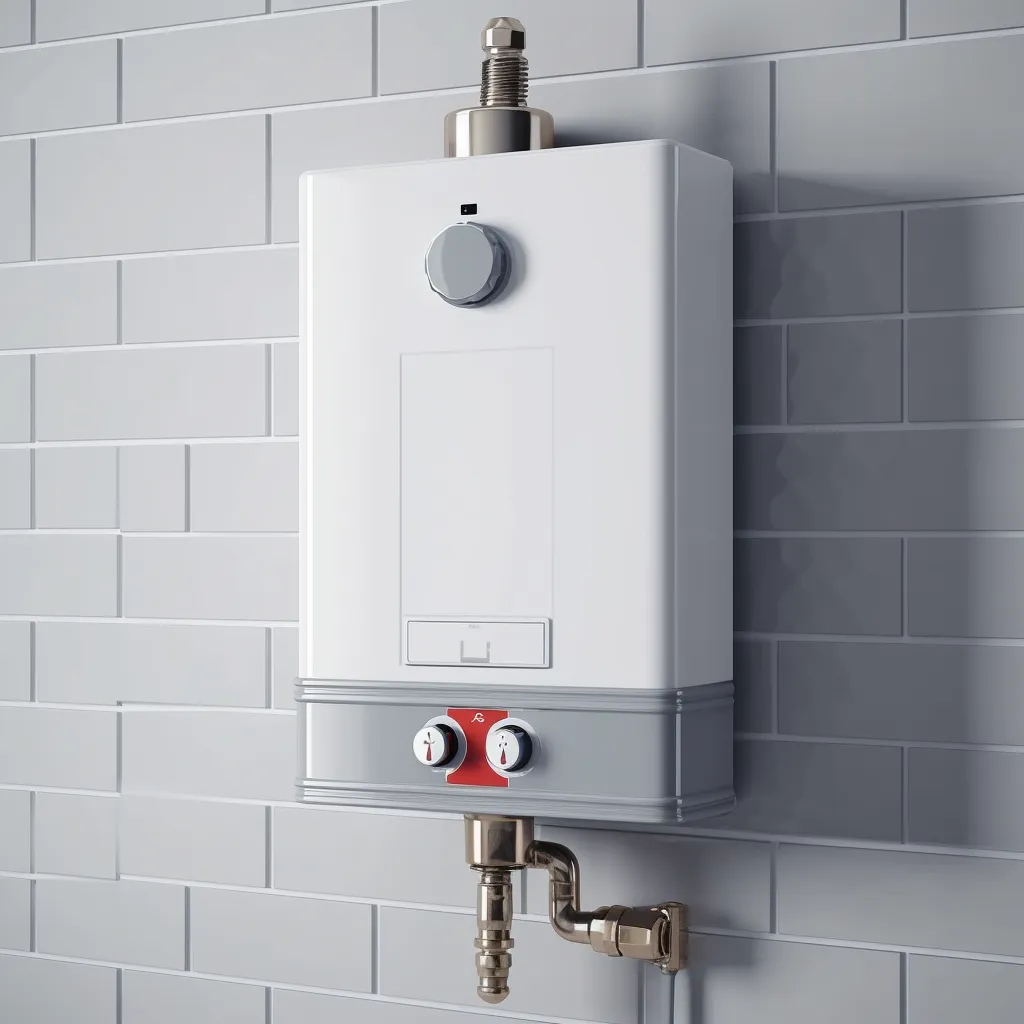
Pros:
Monthly utility bills are lower because of high efficiency.
Provides space heating and domestic hot water.
Easy installation in tight spaces because of compact design.
Longer life expectancy than traditional tank water heaters.
Cons:
Higher upfront cost when compared to traditional storage water heaters.
Limited capacity means limited hot water availability per use.
Operation of the heater component could result in higher noise levels.
May not qualify for some utility rebates or incentives.
May not suitable in areas with high demand for hot water.
High cost of repairs or replacements if the unit is damaged occurs.

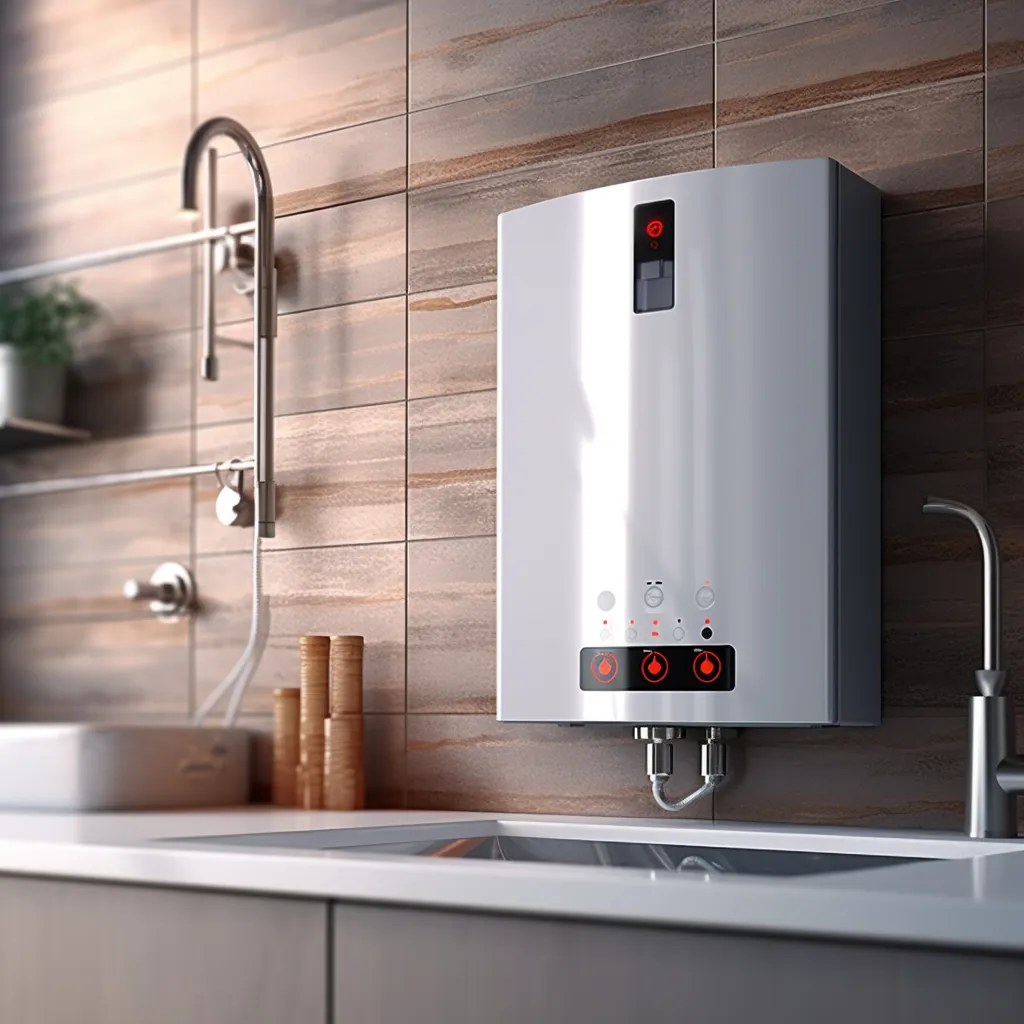
Smart Water Heaters
Smart water heaters are the newest tech for heating water and they let you control your hot water usage and expenses from wherever you are. These heaters use Wi-Fi enabled thermostats, so you can tweak the temp settings from your phone. Plus, they've got energy-saving options like vacation mode to help lower your monthly costs.
Pros:
Wi-Fi enabled thermostat allows the water heater to be controlled from a smartphone or other device.
Energy-saving features such as vacation mode help reduce monthly energy bills.
The model is easy to install and maintain in tight spaces because of its compact size.
Longer life expectancy than traditional storage tank heaters.
Cons:
It costs more compared to traditional storage water heaters.
May not qualify for some utility rebates or incentives.
May require additional software updates to remain compatible with newer devices.
If the Wi-Fi connection is not secure, there are potential security risks.
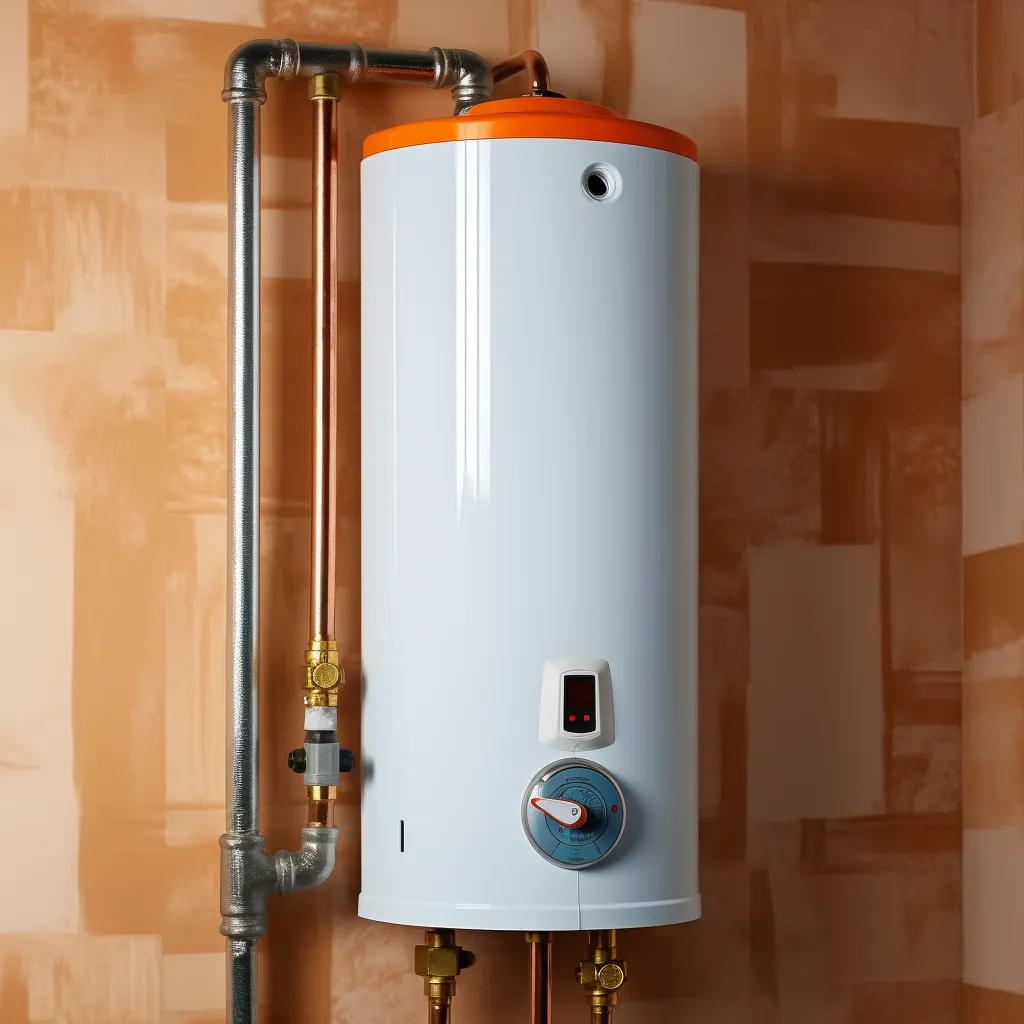
Condensing Water Heaters
Condensing water heaters are like a hybrid of a tankless and regular storage tank water heaters. They're smarter because they use high-tech tech to grab the heat from exhaust gases and use it to warm the water in the tank. This means they work better and cost less to run.
Pros:
Lower monthly utility bills because of high energy efficiency.
Uses renewable energy from the surrounding air.
During power outages, an provide hot water.
Longer life expectancy traditional tank water heaters.
Cons:
Costs more than traditional storage water heaters.
The need for additional ventilation and space creates potential installation complications.
Limited capacity means limited hot water availability per use.
If the tank fails or leaks there could be water damage issues.
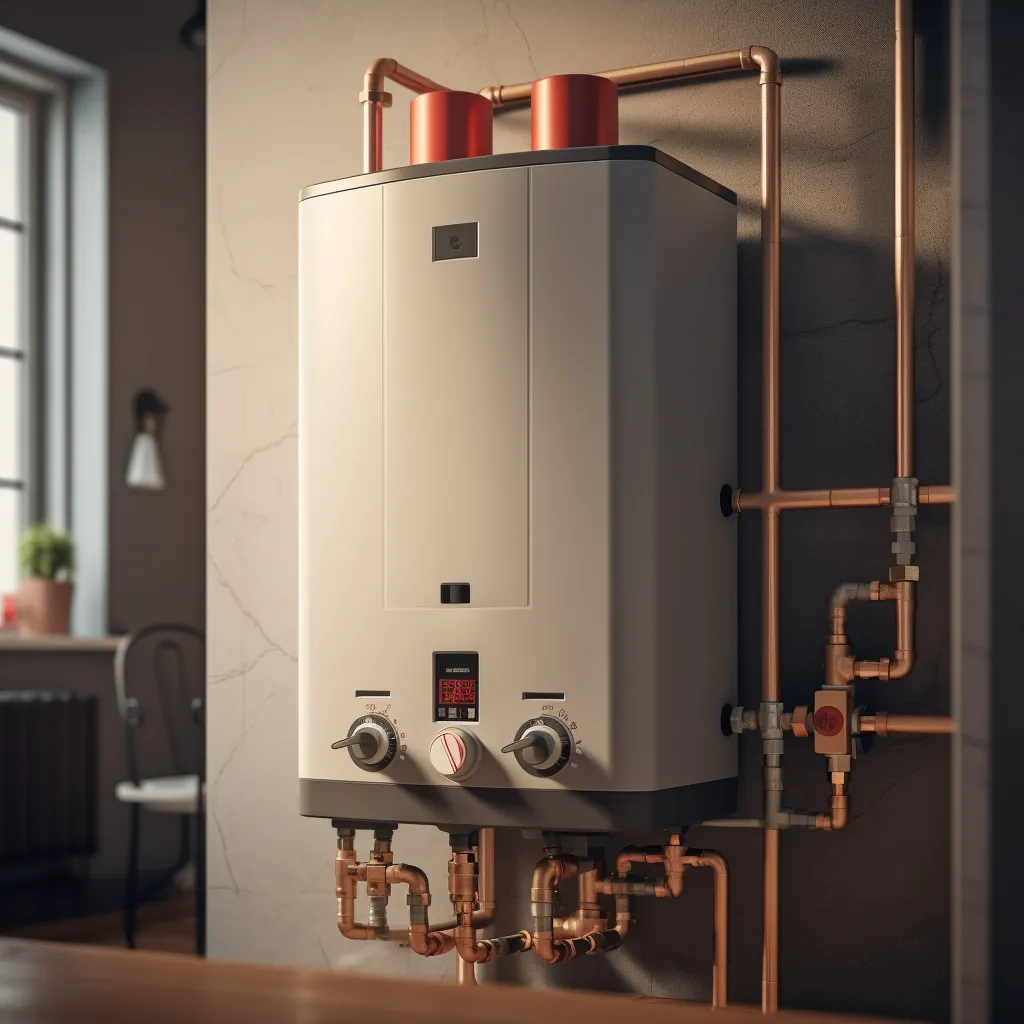
Tips to choose the right
water heater for your home
Picking the right size water heater for your home is key for a cozy, efficient abode. Don't make the blunder of selecting a water heater that's too puny and leaves you with cold water. But, remember, a size too extensive can be wasteful on your wallet and on the room. To find the best size for your crew's hot water habits, analyze daily usage and lifestyle. Setting the right-sized water heater means you can enjoy hot showers, save cash and relax.
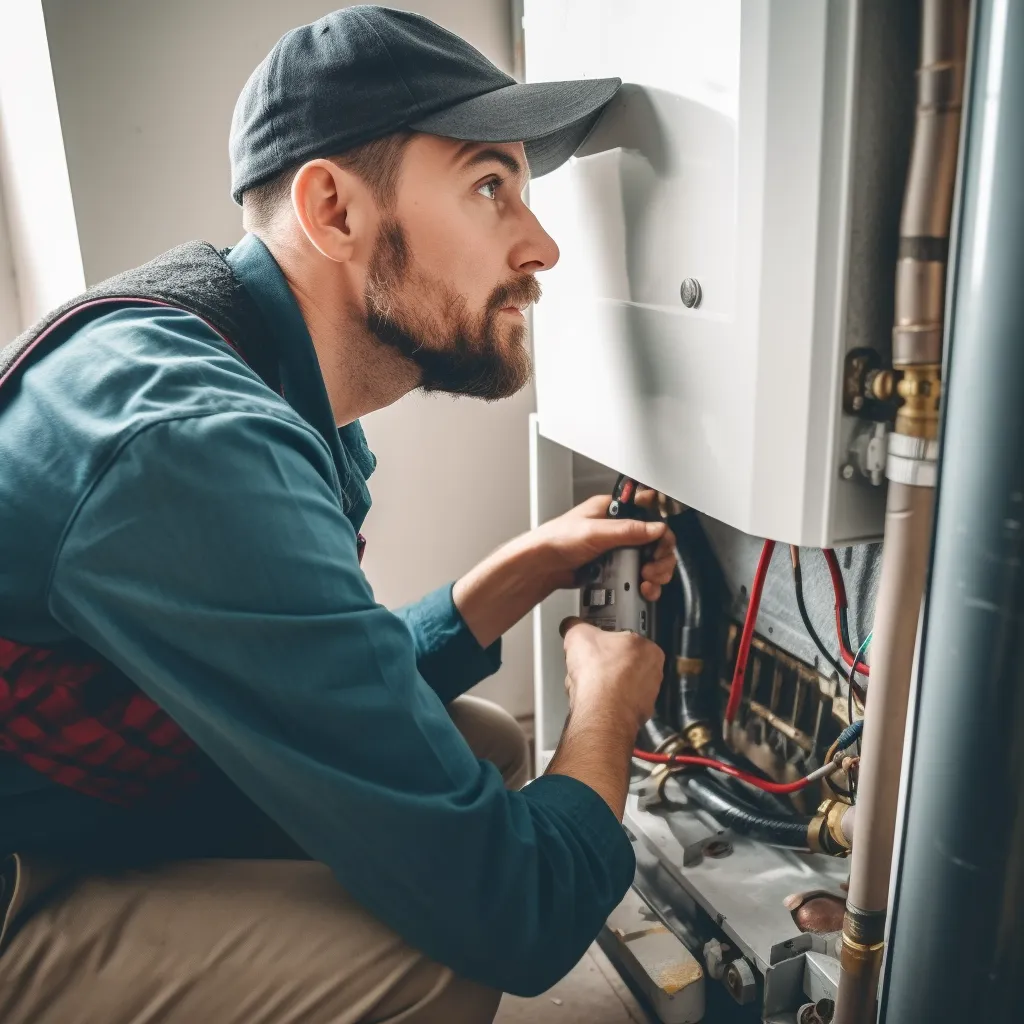
When you should
replace your water heater
Your water heater is an important part of your home's plumbing. It provides hot water for your shower, dishes, and laundry. But how do you know when to replace it? Well, most water heaters last about 10-15 years. So, if yours has been around this long, it might be time to consider a new one.
Here are other signs that could mean it's time to replace your water heater:
Tank is leaking.
Strange noises from the water heater.
Hot water is rusty or discolored.
No hot water.
Fluctuations in water temperature.
High energy bills.
If you encounter any of these problems, it's smart to consult with a licensed plumber to assess your water heater and go over your choices. Putting in a new unit can get expensive, but its long-term energy efficiency and reliability savings make it a worthy investment.
Maintenance tips to keep your
water heater working efficiently
If you don't want your water heater to let you down, make sure to do some maintenance. Flushing the tank regularly helps remove sediment that can cut efficiency and drive up bills. There are also other essential steps, like examining the anode rod, checking the pressure relief valve, and keeping the area around the heater clean. By following these simple steps, you can save cash, ensure hot showers, and extend the life of your important appliance.
Advantages of hiring a licensed plumber
for water heater replacement
If you need to replace your water heater, you may be tempted to do the job yourself. There are several benefits to hiring a professional for this task.
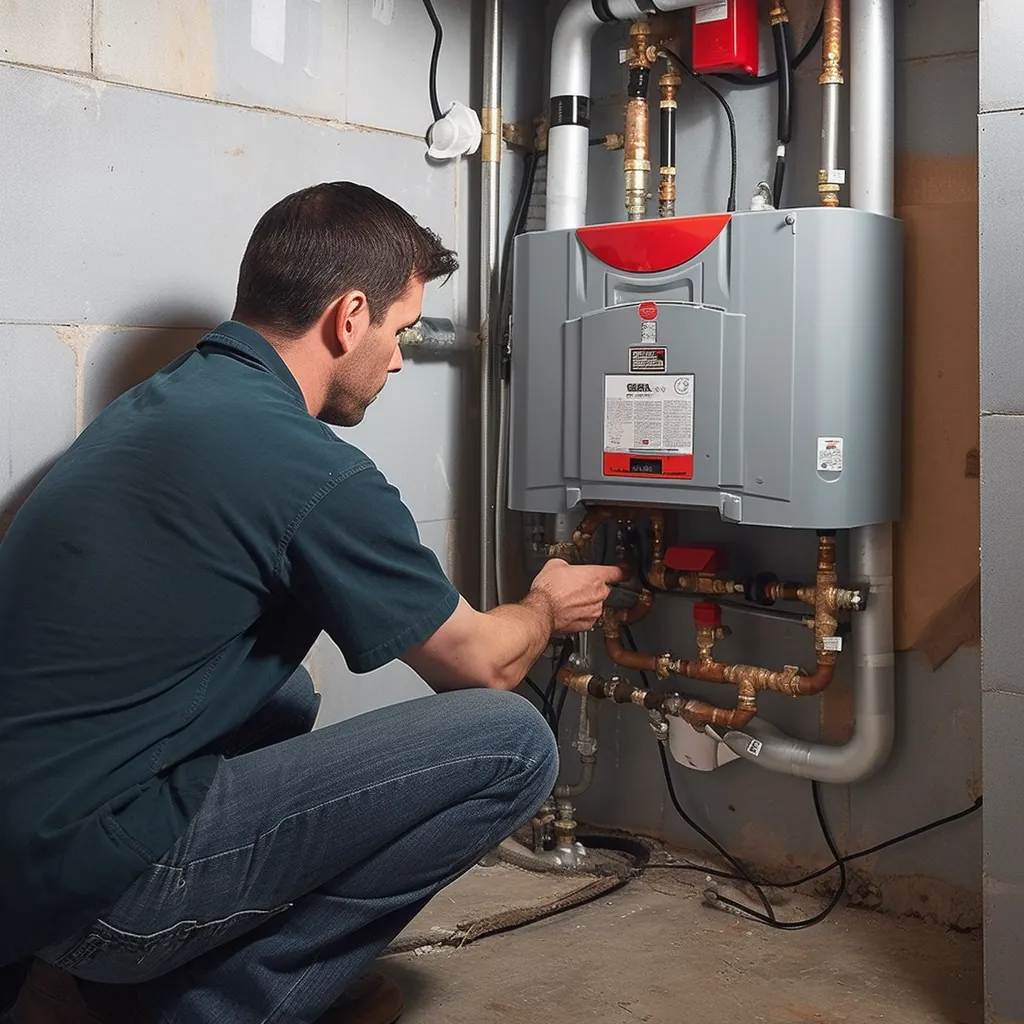
Experienced water heater experts have the training to safely and efficiently install a new water heater.
Water heater pros will be able to offer advice on the best type and size to meet your needs.
Licensed plumbers are up-to-date with local building codes, ensuring that your water heater is up to code.
If issues arise during installation, a pro can troubleshoot them quickly and effectively.
Professionals have the necessary tools and equipment.
Hiring a pro for your water heater replacement can save time, money, and headaches.
Contact Us
GET IN FULL TOUCH
PHONE:+(520) 317-8178
Don's Plumbing Repair
Maricopa, AZ 85138
